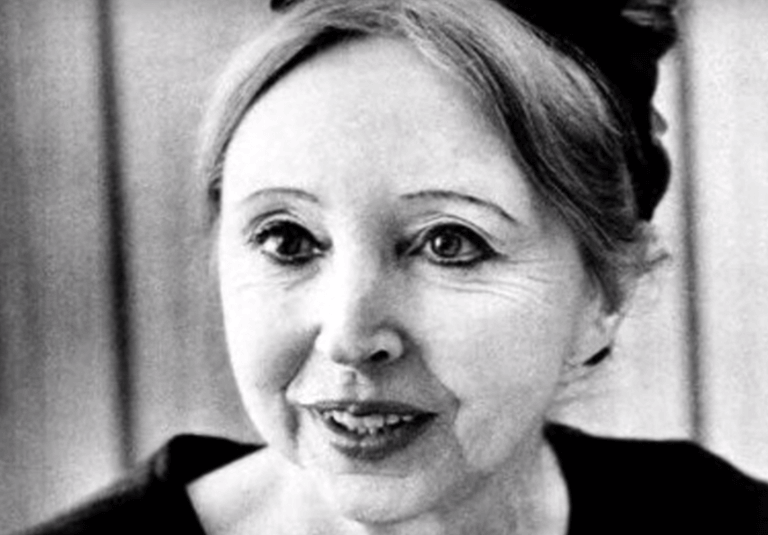The most characteristic of Anas Nin’s phrases is the freshness and honesty with which they were elaborated, some of his statements come from his Diaries, which add up to a volume of 35,000 pages, began writing them at the age of 11 and never stopped.
Another good part of Anas Nin’s most famous phrases come from the correspondence he exchanged with Henry Miller, from the age of 27 to his death, becoming one of the most emblematic couples in the literary world.
“The joy of small things is all we have to fight the tragedy of life. -Anas Nin-
This writer, born in France but naturalized in the United States, was scandalous to many, she was the first woman to publish erotic stories in America, her direct and uninhibited style caused much controversy in her day, however, the most remarkable of all. his work is not the erotic, but his reflection on the human. Without further ado, here are some of the most memorable phrases of Anas Nin.
One of the most beautiful and stimulating phrases of Anas Nin says: “Life contracts and expands in proportion to the courage of the individual. “The most interesting thing about this statement is that it mentions courage as the great measure for determining the degree of life coverage. , so to speak.
She’s absolutely right. Fear has the peculiarity of restricting us to narrow margins, whether ideas or spaces and experiences. Courage, on the other hand, is the force that leads us to cross borders and expand our reality.
This is one of the phrases of Anas Nin in which he reaffirms the subjective tradition of which he was a part. He says, “We don’t see things the way they are, we see them as we are. “I mean, reality is a personal construct.
Every human? Reality filters based on your desires, fears, personal history, etc. So how do you define a person?Real ?, it’s not exactly equivalent to what another person defines as such. Subjectivity determines how everyone sees things.
Many of Anas Nin’s phrases are dedicated to love. This, for example, says, “You can’t save people, can you just love them?”This shows us a realistic perspective, as opposed to a romantic vision of love.
In romanticism love is the answer and salvation, in reality everyone has to face their own destiny, which is the result of internal and external factors, nothing and no one can change that. True love just loves.
Many people spend their lives believing that it is others or the world who need to change to make reality more tolerable, yet it is we who make it assimilable and digestible.
This is reflected in this phrase: “When you create a tolerable world for you, you create a tolerable world for others. “The task is to build a tolerable world for us. It’s more than enough to improve other people’s worlds.
Here is another of Anas Nin’s beautiful quotes about love: “Love never dies of natural death. He’s going to die because we don’t know how to renew his source? The most interesting thing about this statement is the reference to the source.
Love does not arise from nothing; there are factors or reasons that combine to make it happen. This essence of love is also its essence. So, if you want me not to die, the goal is to get back to basics, several times.
Anas Nin says: “Shame is the lie someone told you about you. “It is a very clear and profound observation that reveals the hidden plot of shame. First he defines it as a lie, then as something that comes from others. not of himself.
There is shame, because at the same time there is a look of the other pointing, it is this indication that makes us feel that something is not worthy or that it must be hidden, where shame was born: credit that we give to what someone partially sees of us.
Death is a recurring theme in literature. Anas Nin is also thinking about her and her implications. Hence the origin of this simple but vigorous statement: “People who live intensely are not afraid of death. “
The fear of death comes largely from this confrontation with the possibility of not being. Dilute in nothing. This fear is greatest when the pulse of life has not been fully explored, it is something like the fear of not being any more, to what you may not be.
These phrases by Anas Nin are just a small example of the interesting work of this writer, who has defied taboos and prejudices, has had the courage to live by her own standards and to make love a universal feeling, very human, without barriers.

